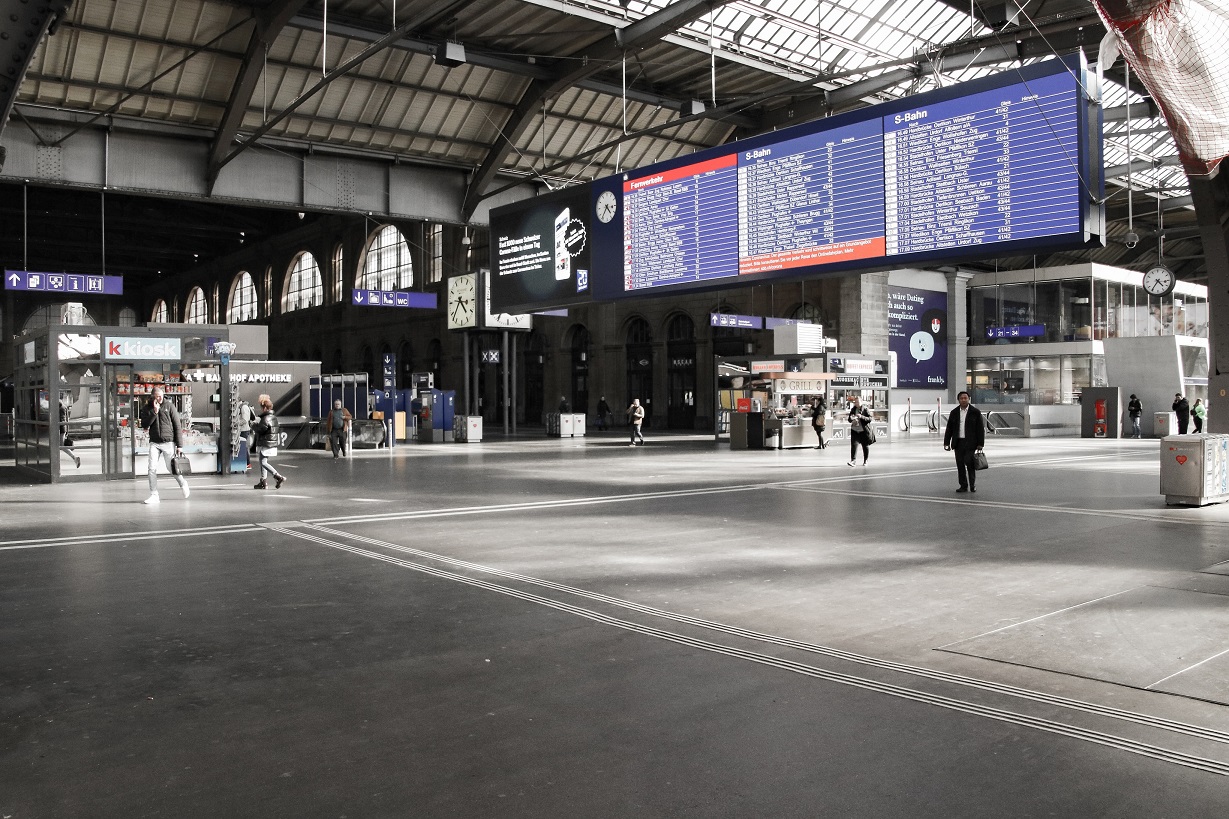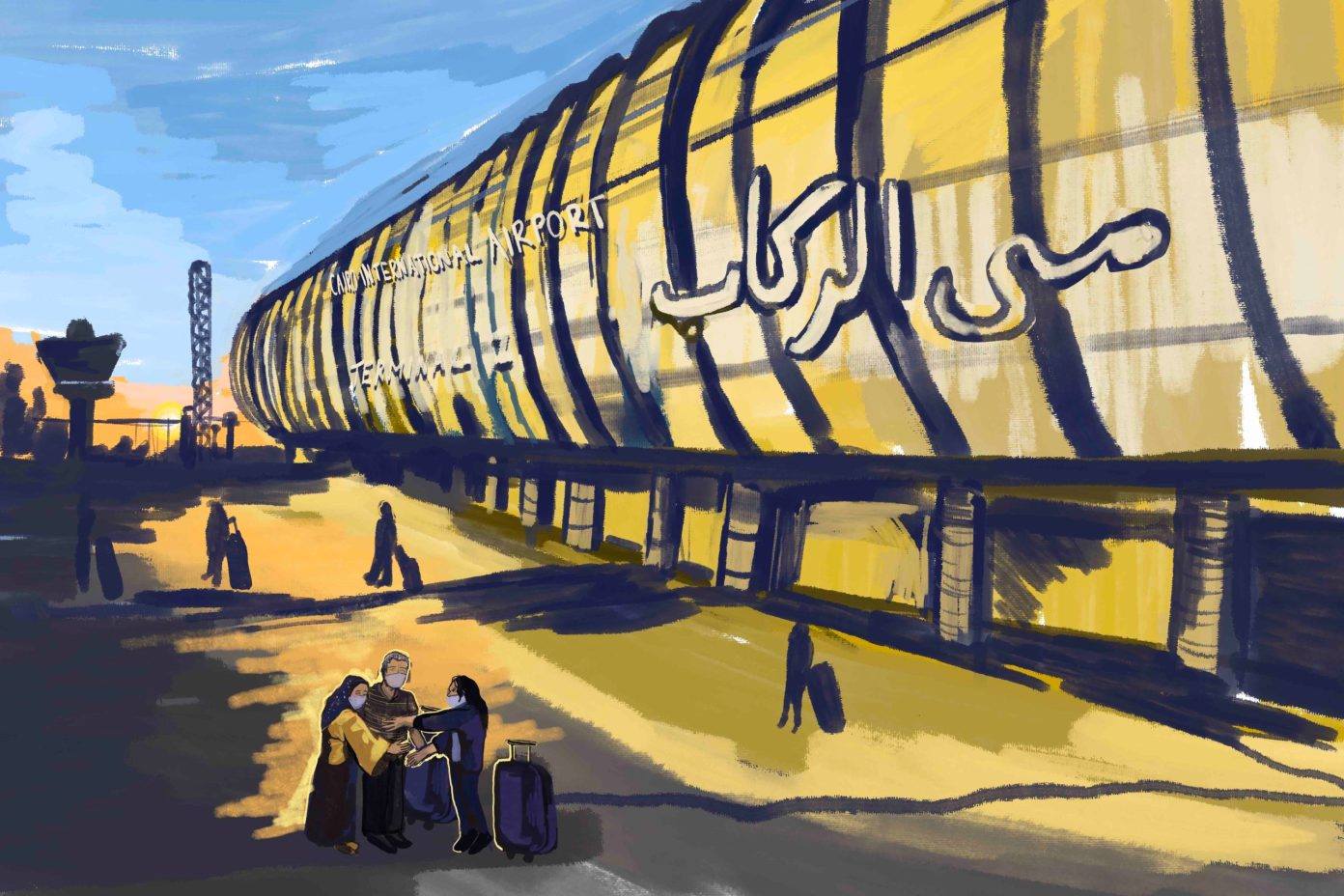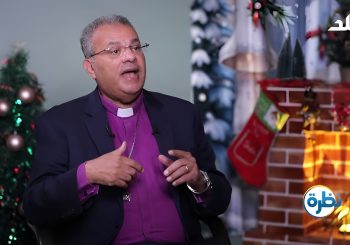[tps_footer][/tps_footer]
Ever since the pandemic hit Egyptians with its sudden lock-downs, early curfews and unprecedented lifestyle, many were forced to make tough decisions to adapt during these tremblant times. But for Egyptians living abroad, the ongoing global crisis hit them face first with the dilemma of whether to stay or come home.
At risk: From jobs, to homes, to career prospects
When Momen El Sawy heard news of the virus’ rapid spread, he said he instinctively needed to go see his father, who lived in Tanzania, during these uncertain times. El Sawy is a software engineer currently residing in the Netherlands, who helped develop an application that could monitor potential COVID-19 patients remotely.
“This was the first time I felt like I was playing a role, no matter how small, at helping people during something so critical.” He added that his job at the time took major priority in his life, one that he was willing to make all the necessary sacrifices for.
“At the end, I didn’t know how bad this situation could’ve gotten. The decision to go to Tanzania didn’t come out of the blue, because it wasn’t about my career anymore. It wasn’t about me anymore. It was about helping people,” El Sawy explained.
According to 2017 CAPMAS statistics, there are around 9.5 million Egyptians living abroad, and many among those are international students. World Education News and Reviews reported that the number of Egyptian students pursuing their education outside the country has nearly tripled since 2008, with Egypt being ranked the fourth largest Arab country sending students abroad in 2017. Stranded abroad, those students faced the tough choice between their academic futures and seeing their loved ones.
Many like Farah Khairat, a master’s student pursuing a teaching degree in Australia who also hopes to one day get the Australian residency, found herself stuck in a foreign country thinking the pandemic would settle down soon and everything would be back to normal.
“I didn’t want to spend all this time here but I really don’t have any other option. I need to do my degree to move on with my life, because the education that I’m seeking is not one I could find [in Egypt.]”

Right after Khairat returned from a vacation in Cairo, her university announced that classes would proceed online and that borders were being shut down to non-citizens or residents. Khairat said she is well into the second semester of her degree with the country still on strict lock-down.
Unlike the rest of the world, El Sawy’s involvement in the medical sector gave him insight that the lockdown was going to last months rather than weeks, which prompted him to get on that flight to be with his loved ones.
The decision to go to a country that he neither resided in or is a citizen to, has left him stuck between borders with his residency and job in the Netherlands at risk. El-Sawy found himself in Tanzania with no way to leave due to his passport expiring and the Tanzanian borders closing. After almost three months, El Sawy finally made it back to the Netherlands, a few days short of the expiry date of his residency.
“I was lucky, but the series of events I had to go through to be with my family, was something I never thought I had to face,” he said.
Between two worlds: Loneliness and lack of belonging
It was mid-March when 20-year-old Hazem Shehab found himself completely alone while studying in Switzerland. The country had just announced its state of emergency and Shehab decided to stay and wait out the lock-down in Geneva.
“I couldn’t leave. I couldn’t risk the fact that there’s a possibility I might not come back. That’s why I decided to stay, for my exams, for my future, and for my life here. Also, I had no risk of contaminating anyone but myself,” he explained.
Shehab recalls his friends urging him to take a flight home with them, but he was firm on his decision to stay in order to continue his education abroad.
But, when the day finally came and lockdown commenced, Shehab said he felt “an immense sense of loneliness.”
“[My friends and I] were somewhere in Geneva sitting on this bench, when we heard the state of emergency announcement. The next day was the last day anyone could leave or come into Switzerland and after I dropped off my friends to the airport, that’s when it actually hit me,” he said.
Despite Khairat living in Australia for the past four years, she said the prospect of not being able to go back if she left is “heartbreaking” to her.
“A lot of people didn’t have to choose between two homes. It made me feel lonely. It’s weird not knowing where you belong as well…It just makes you feel like you don’t have a backbone or support that’s always there,” Khairat explained.
Shehab was certain he didn’t want to go back to Egypt, but after seeing his once-lit city turn into a “ghost town”, the regret and doubt of his decision began to sink in.

“I was confused and even scared. Seeing Geneva a shell of its former self was just so painful. I remember saying to myself, ‘I’m on my own now. Even more than before. I’m really alone,’” he recounted.
A rekindled life in Egypt
But for those who did choose to return home, the experience took a completely different toll on them. When Rawda Shahin was ending her third year as a student in Canada, she said she didn’t imagine that would be her last year abroad.
“I didn’t know what to do. I had 24 hours to pack my bags and leave. When I came back I thought I was going to be here until the end of the summer, but now I’m graduating online with an entire year of my university career gone,” she said.
Shahin’s university announced it will be fully online for the entire year and with nothing left to come back to but bittersweet good-byes, she said she decided to stay in Cairo and be with her mother and father.
“I didn’t get a graduation, I didn’t get to say good-bye to my friends, and over half of my stuff is still locked up in some storage facility. Everything was just upside down and the life I thought I’d live took a whole other turn,” she explained.
With the new academic year now fast approaching, the added pressure of student visa delays, universities online, and closed borders have continued to leave their mark on international workers, students, and those who have prospects to earn a foregin residency.
Regardless of where they are in the world, Egyptians abroad found themselves in unprecedented situations, ones that left them stuck choosing between two homes, two lifestyles, and two uncertain futures.
“Even though I know it’s not my fault, even though I know it was not predictable, I still had to adapt to it and it was rough,” said Shehab.







Comments (0)